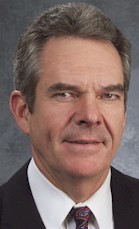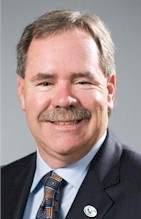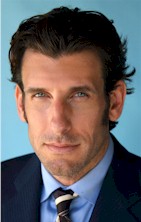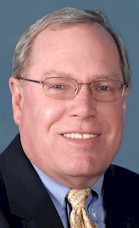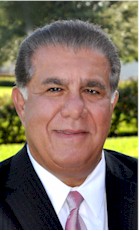
Singer Bob Dylan said it best when he penned the now-famous catchphrase - these times are a'changing. I'm a big advocate on change. I like the challenges and advancement it brings to my personal and professional life. The business world is evolving with the advent of technological advances; the financial industry is changing its course to adapt with the growing global marketplace and unification of currencies; and the hospitality industry is incorporating all of the abovementioned changes into its mission plans to better serve its guests. It goes without saying that in order for enterprises to be successful, there need to be leaders at the helm. Some say leaders are born, others believe they are trained; but I believe that with the right tools and encouragement, leaders can come into their own in the hospitality industry. READ MORE



